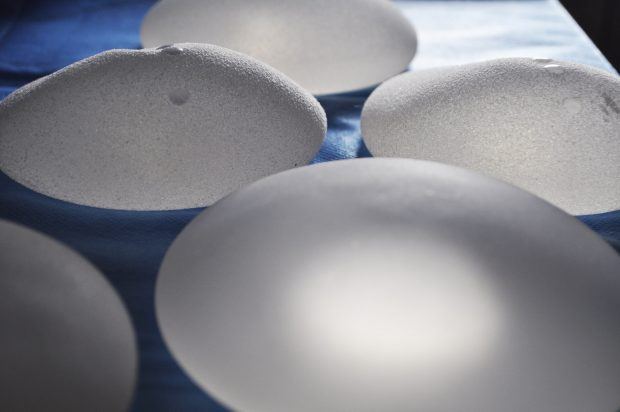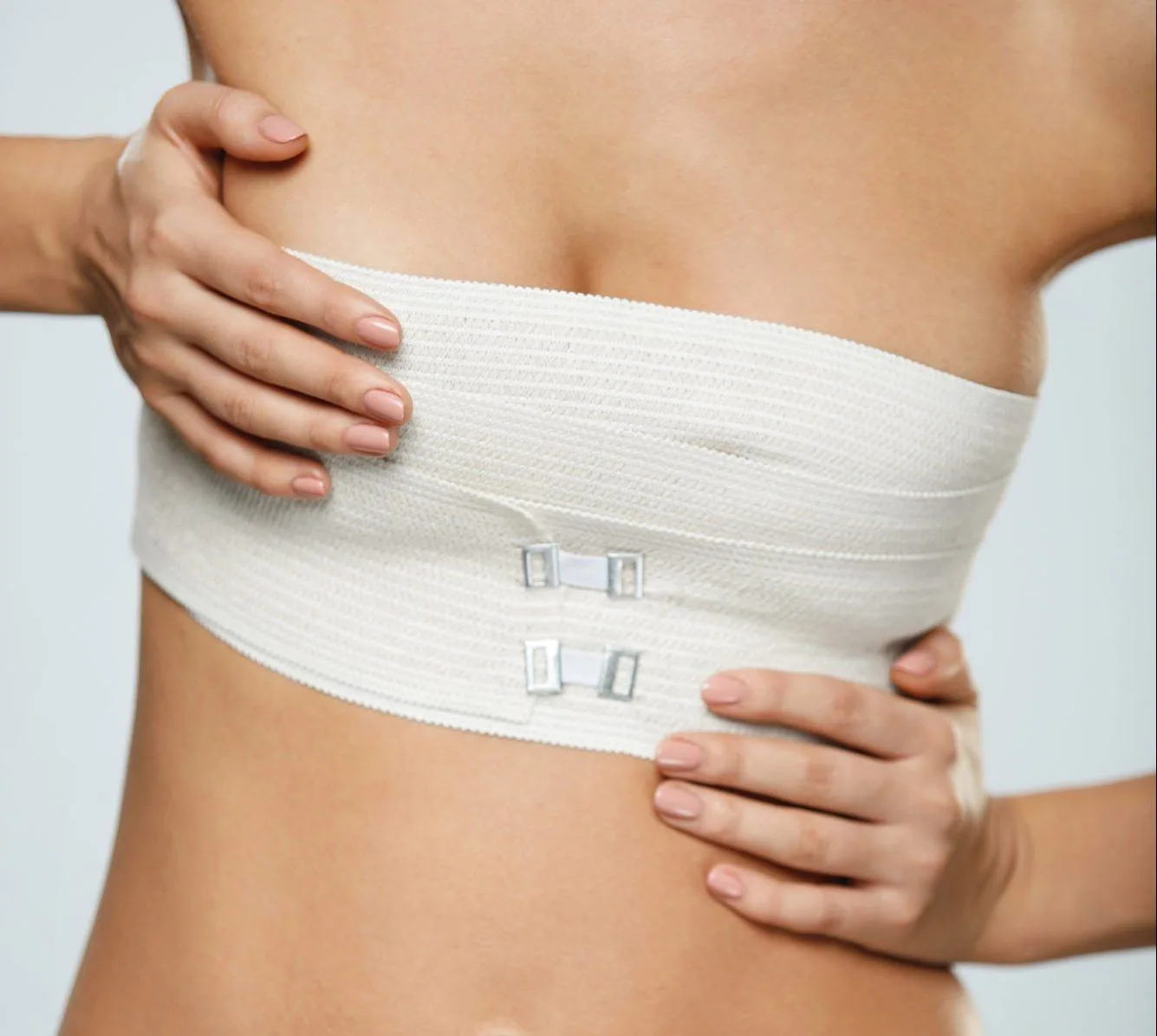Over 200 000 breast augmentation procedures are performed every year, with the majority of them being for cosmetic reasons. In fact, patients spent over $1 billion on breast augmentation in 2020, regardless of the pandemic’s effect on aesthetic surgery.
As breast augmentation surgery is a popular procedure, there is extra attention paid to the health effects following the procedure. A U.S. leading regulatory health body has come out to warn patients about the potential cancerous impact that getting breast implants may cause.
FDA Warns That Breast Implants May Cause Cancer
This past week, the US Food and Drug Administration (FDA) announced that certain cancers, including squamous cell carcinoma (SCC) and various lymphomas, have been reported in the scar tissue that forms around breast implants.
“After preliminary review of published literature as part of our ongoing monitoring of the safety of breast implants, the FDA is aware of less than 20 cases of SCC and less than 30 cases of various lymphomas in the capsule around the breast implant.”
Additionally, the announcement shared that, as of September 1, the FDA has received 10 medical device reports for SCC related to breast implants and 12 medical device reports for various lymphomas related to breast implants. The FDA does acknowledge that occurrences of SCC and various lymphomas in the capsule around breast implants are rare.
However, it is important that health care providers and people with breast implants, as well as those considering them, be aware that these rare cases have been reported to the FDA and in the literature.

Photo by philippe spitalier on Unsplash
In the meantime, the FDA will continue to gather and review all available data from various sources to evaluate the occurrence of cancers in the capsule around breast implants. These sources include mandated postmarket studies, published literature, and real-world data from registries and claims databases,
What is the link between breast implants and cancer?
According to the FDA, the incidence rate and risk factors for SCC and various lymphomas in the capsule around the breast implants remain unknown, but it is an emerging issue and their understanding is evolving.
How do implants affect our longevity?
The effects of breast implants on health aren’t just limited to cancer. Previous research has delved into how implants can impact a patient’s body.
“It’s vital that women with implants be aware of the potential risks, so they can identify symptoms early and consult with their doctors,” said senior investigator Mark W Clemens,
“Fortunately, many of the diseases and conditions that have an association with implants are quite rare, so awareness is that much more important.”
Timeline for regulatory authorities
- In 2011, the FDA released a report acknowledging the possible link between breast cancer implants and the development of breast implant-associated anaplastic large cell lymphoma (BIA-ALCL). According to the World Health Organization, BIA-ALCL is a T-cell lymphoma that can develop following breast implants. The FDA does admit that the risk of developing BIA-ALCL is low. However, it is still a serious condition that can cause death if not treated promptly. If you do have breast implants, especially if you have textured surface implants, make sure to look out for symptoms like persistent swelling, the presence of a mass, or pain in the area of the breast implant.
- In 2018, a study found that compared to the general population, patients with one brand of silicone implants faced a 2-8 times higher frequency of;
- Sjogren syndrome (an immune system disorder)
- Rheumatoid arthritis
- scleroderma (a skin disorder caused by a compromised immune system)
- melanoma
So, are breast implants safe?
Most patients with breast implants may not face serious complications, but at least 20% of patients who undergo breast augmentation surgery have their implants removed within eight to 10 years, owing to complications.
“Breast Implants are not considered lifetime devices. The longer people have them, the greater the chances are that they will develop complications, some of which will require more surgery. There is no guarantee that you will have a satisfactory cosmetic outcome from any reoperation.” – FDA
In order to raise awareness about the risks, the FDA introduced black-box labels on breast implants. These labels inform patients about the health risks linked to the implants, such as autoimmune disease, joint pain, mental confusion, muscle aches, chronic fatigue, and lymphoma.

Photo by philippe spitalier on Unsplash
The new labeling system also requires health practitioners to speak to their patients about potential health risks. It also requires patients to sign off on the checklist. This shows that they have been properly informed about the risks to their health.
This isn’t the first move the FDA has made to protect patients against the effects of breast implants. In 2019, following a request from the FDA, pharmaceutical company Allergan issued a worldwide recall of Biocell textured breast implants and tissue expanders that had been linked to BIA-ALCL,
“Although the overall incidence of BIA-ALCL appears to be relatively low, once the evidence indicated that a specific manufacturer’s product appeared to be directly linked to significant patient harm, including death, the FDA took action to alert the firm to new evidence indicating a recall is warranted to protect women’s health,” said FDA Principal Deputy Commissioner Amy Abernethy, M.D., Ph.D. at the time.
What to do if you have breast implants
Despite the new warning, the FDA is in no way recommending that patients remove their breast implants. Rather, they would prefer that patients monitor their implants, and immediately visit a health care provider should they notice any abnormal changes such as swelling, pain, lumps, and skin changes.
If you do notice any changes, the FDA encourages you to file a report. This can be done through the FDA Safety Information and Adverse Event Reporting program, MedWatch.



![women [longevity live]](https://longevitylive.com/wp-content/uploads/2020/01/photo-of-women-walking-down-the-street-1116984-100x100.jpg)










